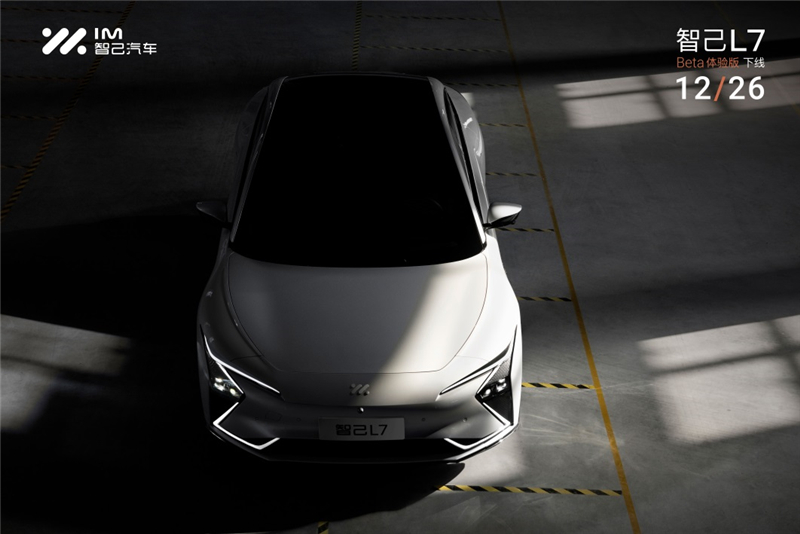First 200 IM L7 Beta vehicles delivered
IM Motors recently delivered the first 200 IM L7 Beta vehicles, which will go on for test runs in nine Chinese cities.
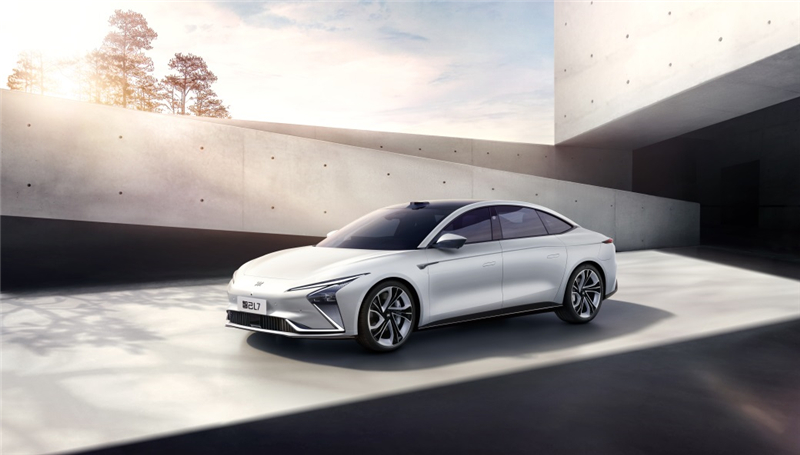
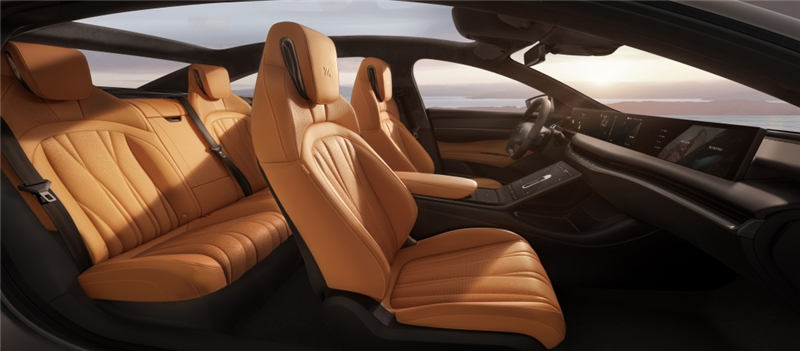
Known as "data burn-in", the test runs are regarded as an inevitable part of the development process of intelligent vehicles in the artificial intelligence era.
Data burn-in redefines the standards for the development process of intelligent vehicles and will use data collected from real scenarios to test the performance of deep intelligent vehicles, bringing higher-quality user experience. It marks the core difference between intelligent vehicles and traditional vehicles in terms of development process.
After being optimized by data burn-in, IM L7 Beta will be available on the market by the end of February next year. Users can pay earnest money for a purchase contract after the test drive, which will commence at the beginning of March next year.
As the first developed model, IM L7 has reconstructed the development model of intelligent vehicles with data burn-in, "agile development", and "three new benchmarks".
Data burn-in starts data collection based on real scenarios
IM L7 Beta satisfies the legal requirements for driving on open roads. After being delivered to test users, the vehicles will be tested in nine cities, launching data-driven optimization.
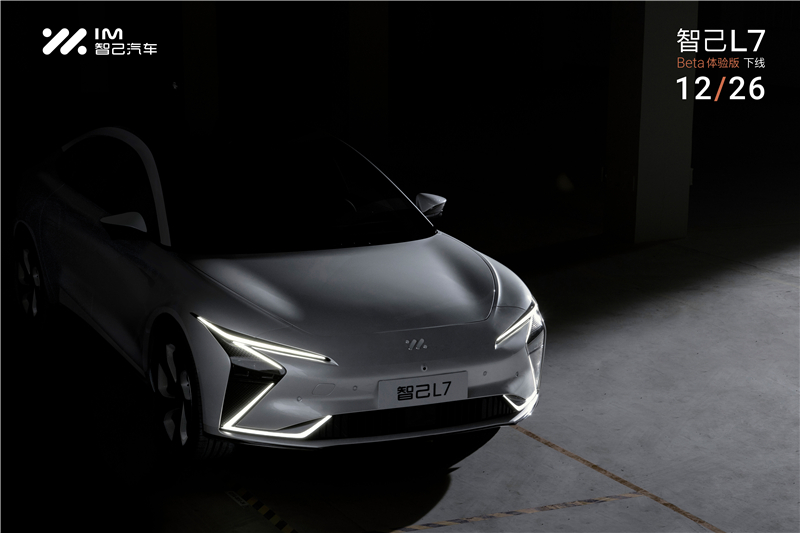
With Shanghai as the first stop, the vehicle will travel on in the Bund, Lujiazui and other commercial districts.
The test tour will help adjust the intelligent performance of the vehicle's software system through data verification and summarize the optimal calibration of sensory and perceptual systems, domain controller software, and human-computer interaction for mass-produced vehicles.
Based on design and product verification, IM has created data feed validation to ensure L7 Beta’s high-quality.
Agile development: IM manufactured intelligent vehicles in 22 months
IM spent only 22 months producing its first intelligent vehicle and forged a mature and replicable development model called agile development for deep intelligent vehicles.
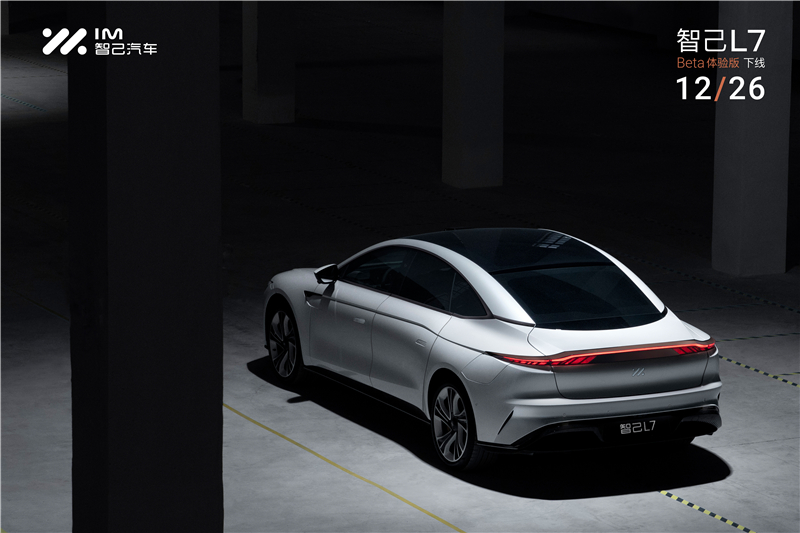
The four product architectures first used by IM L7 is the underlying innovation as well as the major problems encountered in vehicle development. The "origin" high-end pure electric architecture iO enables advanced four-wheel steering and four-wheel drive; the domain fusion central computing digital architecture with 521 features supports OTA; the atomic software architecture SOA breaks down the boundaries between functions from the bottom up; the intelligent driving system IM AD offers users the "most human-like" intelligent driving.
Agile development sets a successful example for the development model of intelligent electronic products. Faced with development challenges, IM learned from the Internet sector's successful experience in agile development to reduce development time through simultaneous design, development, integration, and iteration.
IM also cooperated with SAIC Motor Passenger Vehicle Company, SAIC Motor Technical Center, Z-One, Banma, Momenta, and Huayu Automotive Body Components Technology (Shanghai) Companies to improve development quality and efficiency.
Over the past month, the software architecture of IM L7 has undergone 88 iterations. The intelligent driving function software iterates every three days and the IM app is updated every two weeks.
Three new benchmarks define intelligent vehicles in the AI era
Following the principle of data-determined experience and software-defined vehicle, IM creates three new benchmarks for intelligent vehicles via data training, cross-domain fusion, and full-stack OTA.
The vehicle with the "most human-like" intelligent driving by data training is a real deep intelligent vehicle. IM has built a data factory to achieve a complete data-driven process in terms of perception, fusion, prediction, and specification control, forming a closed value loop.
Based on large amounts of user data, the intelligent driving system IM AD showcases the "most human-like" intelligent driving performance with AI super algorithms.
The vehicle with scenario-based intelligent interaction by cross-domain fusion is a real deep intelligent vehicle. IM L7 connects all control domains and realizes the cross-domain fusion of intelligent scenarios.
For example, the navigation function on the interface of IM L7 operating system IMOS connects the intelligent driving domain with the intelligent cockpit domain. When driving on complicated urban roads, all road information will be displayed on the screen, creating an easier and safer driving experience.
The vehicle with up-to-date functions by full-stack OTA is a real deep intelligent vehicle. IM L7 has more than 40 modules covered with OTA, allowing large vehicle-mounted domain systems, including intelligent driving, intelligent cockpit, and chassis, as well as small function modules, including Car-log and airbag, to be updated.
FOTA is updated every three months while SOTA is updated in real time. The modules have their backups in A and B zones.
IM will launch a private test plan for IM L7 Beta in the coming days and users participating in IM Motors' angel round investment and A-round financing are invited to apply for the test on the IM app.
